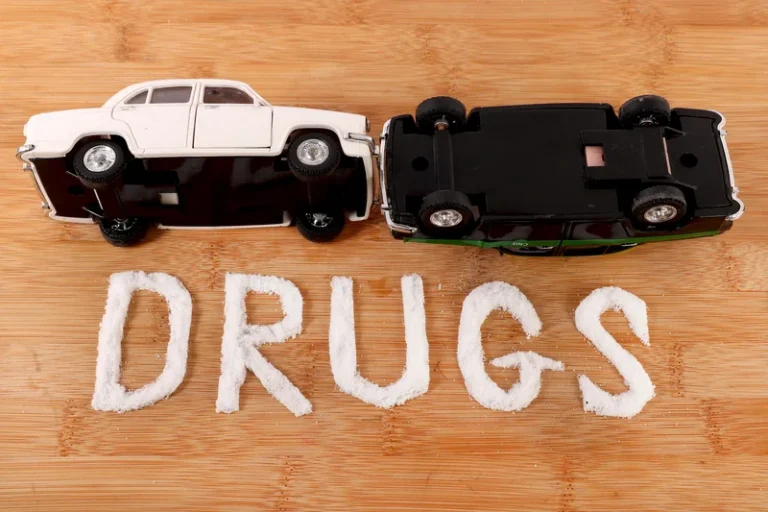
One drink per day for women, and one to two for men, may also improve your insulin sensitivity and blood sugar management. As always, you should consult with your doctor to determine whether moderate alcohol consumption is right for you. For some, the struggle of alcohol use precedes their development of diabetes.
Health Risks Of Diabetes And Alcohol

Your liver releases glucose into your blood stream as needed to help keep your blood sugar at normal levels. As a result, your blood sugar level can drop quickly, putting alcoholism symptoms you at risk for low blood sugar (hypoglycemia). If you take insulin or certain types of diabetes medicine, it can cause seriously low blood sugar. Drinking without eating food at the same time also greatly increases this risk.
Alcohol Use And Addiction Among Diabetics
- LDL cholesterol is strongly related to cardiovascular disease and stroke and has been called “bad” cholesterol.
- When drinking alcohol is combined with the medications most often used to treat diabetes—particularly insulin and sulfonylureas, low blood glucose can result.
- Accordingly, it promotes gluconeogenesis and the breakdown of glycogen into glucose.
- However, substantial information on the association of alcohol and cardiovascular disease exists from population studies that included an unknown percentage of diabetics.
- When these two organs don’t work well, it can make your glucose control worse.
- Chronic heavy drinking, which involves drinking heavily on a daily or otherwise frequent basis, can cause damage to the pancreas, kidneys, heart, and liver.
- But studies have found that drinking, especially heavy drinking, can increase your risk of having diabetes.
It acts by inducing an unpleasant diabetes and alcohol blackouts physical response (e.g., nausea and vomiting) after alcohol consumption. Liquid sugars are quickly absorbed by the body, so those carbs won’t be much help in preventing or treating a low that may occur hours after you drink. Food, on the other hand, is digested gradually, so it provides better protection against lows. If you are using carbohydrate counting to adjust insulin doses, don’t count the alcohol as grams of carbohydrate.

Are there benefits to drinking alcohol with diabetes?
Those enzymes are secreted directly into the gut to ensure effective food digestion. Two of the hormones (i.e., insulin and glucagon) are potent regulators of blood sugar levels. Both hormones are produced in areas of the pancreas called the Islets of Langerhans, which, quite literally, are “islands” of hormone-producing cells in a “sea” of digestive enzyme-producing cells. Among other cell types, the Islets of Langerhans include an inner core of insulin-producing beta cells surrounded by a layer of glucagon-producing alpha cells.

- Liquid sugars are quickly absorbed by the body, so those carbs won’t be much help in preventing or treating a low that may occur hours after you drink.
- Take the first step toward addiction treatment by contacting us today.
- The pancreas, which is located behind the stomach, serves two functions.
- Reduction of LDL cholesterol decreases a person’s likelihood of suffering a heart attack or stroke.
- Alcohol-related blackouts can be dangerous and increase a person’s risk of injury and other harms.
Ultimately, insulin secretion declines even further, to levels below those seen in nondiabetics (although generally still higher https://ecosoberhouse.com/ than those seen in type 1 diabetics). At that point, when a deficit in insulin secretion is combined with a state of insulin resistance, the person develops type 2 diabetes. Thus, whereas type 1 diabetes is characterized by a complete lack of insulin production, type 2 is characterized by reduced insulin production plus insulin resistance. The reasons underlying defective insulin secretion and insulin resistance, which are still under investigation, are complex and beyond the scope of this article (for a review, see DeFronzo 1997).

Contact us today to find an alcohol treatment program for yourself or a loved one with diabetes. Inpatient alcohol rehab programs often offer medical detox services as well as integrated treatment services for substance use and medical conditions. By entering a rehab program, specialists can help develop a treatment plan that meets you or your loved one’s needs for addiction recovery. Alcohol use disorders (AUDs) can have a profound, negative impact on a person’s ability to function in their personal and professional lives. The added difficulty of a medical condition like diabetes only makes this worse and can greatly harm both physical and psychological health.
Heavy drinking is considered to be at least five drinks per day (or 15 per week) for a man or person assigned male at birth, and four drinks a day (or eight per week) for a woman or person assigned female at birth. The effects of alcohol on blood sugar, for instance, can vary depending on the amount of alcohol consumed. Drinking a small amount of alcohol can cause blood sugar levels to rise.
